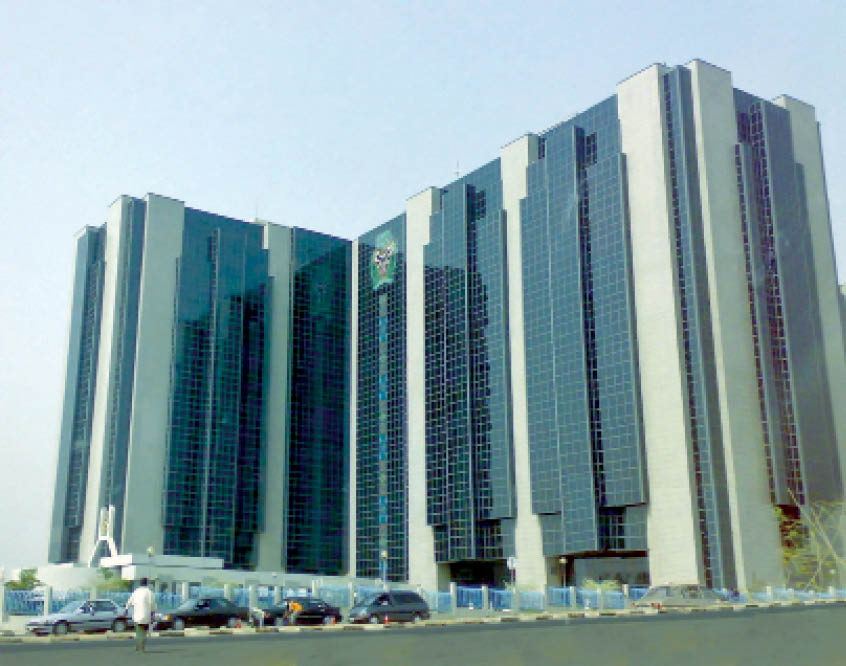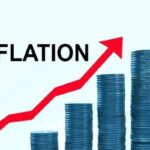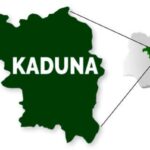On Thursday, June 16 2022, the Bank of England raised the United Kingdom’s benchmark interest rate by 25 basis points to 1.25%, marking the fifth consecutive tightening measure and putting the UK’s policy rate at the highest level it has ever been in the past 13 years.
The United Kingdom is not alone, and possibly just following the steps of the Federal Open Market Committee in the United States, which raised the policy rate by 75 basis points to a range of 1.5% and 1.75%. The tightening was the third of its kind since March this year and the most hawkish stance the US policymaker has taken since 1994.
Loans: ActionAid asks anti-graft agencies to beam searchlight on govs
14.2% pilgrims airlifted, 10 days after commencement
Interestingly, Jerome Powell, Chairman of the FOMC, did not mince words, in noting that this month’s rate hike is not the end of the cycle and, indeed, the forecast of policy rate shows that the US consumers and businesses may have to brace up for further spikes, as pundits say the Fed rate may settle above 3% by year-end.
This reinforces the weaker outlook on US economic growth, which is now predicted to be just 1.7%, compared to the strong 5.6% recorded in 2021 and the International Monetary Fund’s 2022 forecast of 4.0%.
Inflation, which hit 8.6% to set a 40-year record-high in May, is not showing any sign of respite, defying analysts’ calls and the government’s effort to rein in the rising prices of goods, especially energy, which cumulatively accounts for almost about a fifth of the living costs for many of the low-income earners in the US.
“This inflation rate pressure is like no other that I have experienced. It’s metamorphosing into a potential pandemic and reinforces the need for a more productive world, as this shows global consumption is fast outpacing productivity levels across the world,” says Abiola Rasaq, a financial analyst and former economist at the United Bank for Africa Plc.
In Canada, the situation is not different, with the apex bank raising the interest rate by 0.5% to 1.5% at its last policy meeting in a move to tame unabating inflation, which reached 6.8% in April, well above the Bank of Canada’s target. Not only did the Bank of Canada raise the interest rate to 50 basis points back-to-back, in a move never done since the late 1990s, but Tiff Macklem, the bank’s governor, also hinted he is prepared to act “more forcefully,” a stance which made many analysts conclude that Bank of Canada may emulate the US Federal Reserves, with a likely 75 basis points hike at its next meeting, as inflation bites harder across all consumer goods, especially gas and food.
The price of petrol has increased by over 20% in the past three months to CAD2.1 per litre, or about N1,000 per litre using the N480/CAD$ parallel market exchange rate.
However, despite all the rate hikes in many of the developed and emerging markets, including Australia, Brazil, Turkey and the Euro area, where the European Central Bank has hinted it would also commence its interest rate hike in the weeks ahead, inflation rates remain well above interest rates.
This underlies the theoretical fact that real interest rates remain negative across these countries and calls to question the frequent arguments of the Bretton Woods institutions for African countries to raise interest rates above inflation level to achieve a positive real rate and mobilise savings towards investment.
This calls into question the orthodox measures for battling inflation and the debate about the veracity of some of the imported economic policy doses, which many times are not necessarily adopted by the proponents.
Nigeria’s inflation rate rose to 17.71% in May, the highest in the past 11 months, fuelled by surging food prices and exchange rate volatility. The biggest concern is the vulnerability of Nigeria to rising inflation in developed and emerging markets, given the high import dependency of the country.
The Monetary Policy Committee, in its decision to hike the policy interest rate by 150 basis points to 13.0% earlier in the month, had noted the limitation of monetary policy in addressing inflation concerns, given structural issues undermining local production in the country.
As the rising interest rate environment compounds the debt burden of the Nigerian government in the form of higher borrowing costs, Dr Bongo Adi, senior lecturer of Economics at the Lagos Business School, says he pities the incoming government.
“Capital is going to be costlier and if care is not taken, the next government has the fertile land to fail woefully because the looming economic crisis is real and Nigeria has very little headroom to manoeuvre.
“This is why the choice of leadership is very important at this time and we cannot afford to get it wrong because both local and global macro-odds are against prosperity, even as the stakes are high for Nigeria to get things right,” he stated.
Commenting on the impact of the rising global interest rate, Rasaq noted, “African sovereigns would have to look inward to fund budget deficits, as it may be unduly punitive to access the international debt capital market at this time, given the pricing of on-the-run Eurobonds, including those of Nigeria, which has seen a significant fall in prices and a rise in yield over the past two months.”

 Join Daily Trust WhatsApp Community For Quick Access To News and Happenings Around You.
Join Daily Trust WhatsApp Community For Quick Access To News and Happenings Around You.


